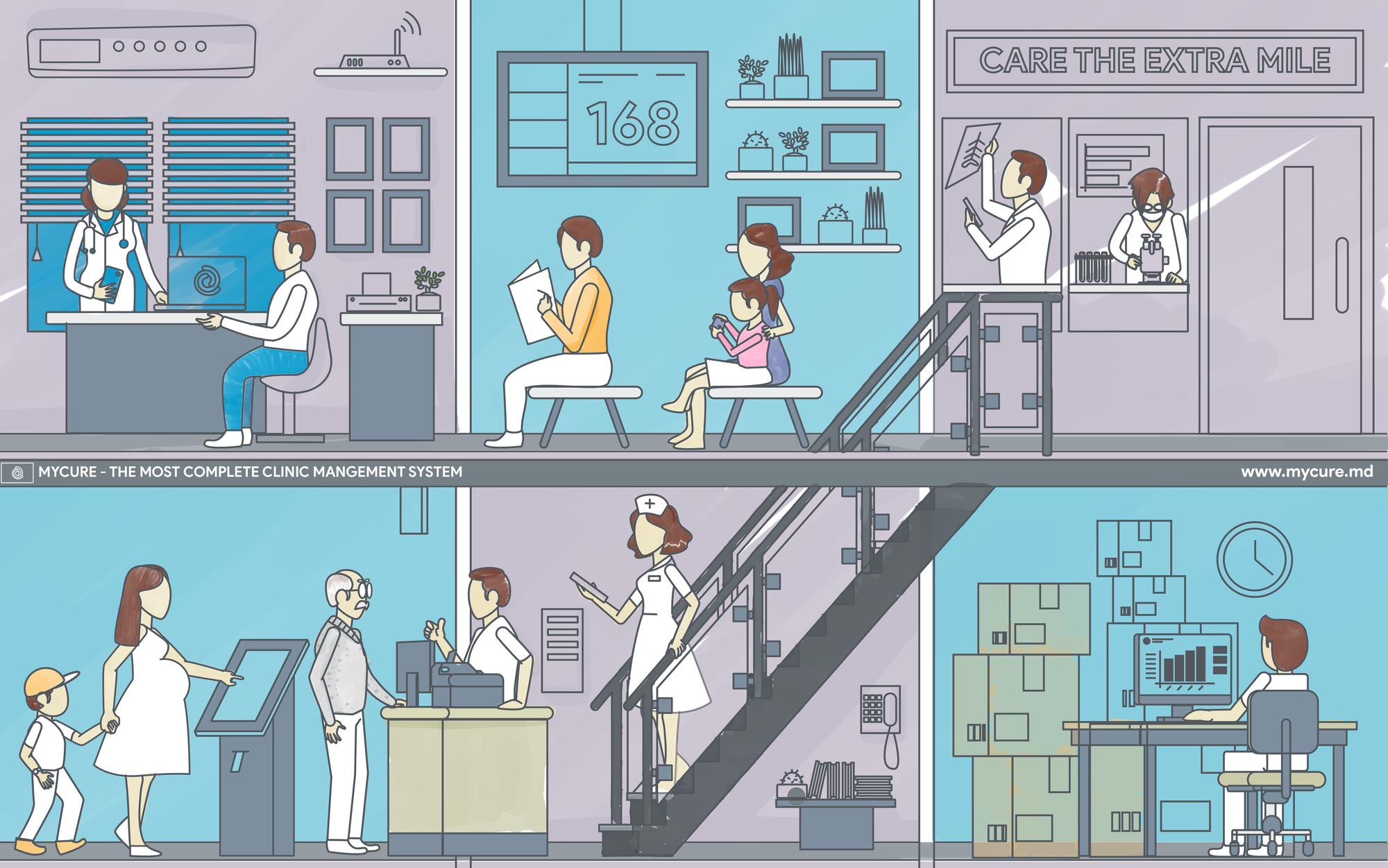How a Clinic Management System Benefits your Practice
People still insisted on using traditional methods of keeping records and storing files out of comfort, habit, and perhaps some level of convenience. Status quo is convenient after all. However, the more time passes by, the stronger the case for digital becomes.

The age of paper, folders, log books, and spreadsheets are over. It has been over since the 1970's!
People still insisted on using traditional methods of keeping records and storing files out of comfort, habit, and perhaps some level of convenience. Status quo is convenient after all. However, the more time passes by, the stronger the case for digital becomes. Case in point, you are not reading this on a newspaper or magazine, you’re probably on your smartphone or laptop.
Moreover, in the last two months the Data Privacy Act of 2012 has their registration deadline and the General Data Protection Regulation of the EU had their deadline in May. Our country, and majority of the world, are accepting the inevitability of a digital takeover and guarding against its consequences. Smart move.
The age of EMRs is truthfully over as well. It has been since 2006, since cloud computing came to be. It’s 2019 now and what you need is a Clinic Management System (CMS). A CMS is a complete package of the computing software you could possibly need in a specialty clinic, i.e. Queuing & Appointments, Billing, Point-of-Sales, Inventory, Laboratory Information System, Radiology Information System, and of course, the trusty in Electronic Medical Records (EMR).

That’s WHAT is it, but WHY should your clinic have one?
A CMS makes your clinic more efficient and productive.
A CMS can do majority of the tasks that typical secretaries, encoders, and accountants do. This is not to say that humans should be replaced by computers, but it is time to shift the skill set of your staff to something more people-centric. A CMS can automate daily mundane tasks and your colleagues or staff will love you for it. By allowing a system to manage appointments, track patient payments, and securely store and easily retrieve files, the clinic avoids errors from redundancy, simple negligence, and overwork.
A CMS allows your staff more human interaction.
Now that the people who work in the clinic have a significantly lighter workload, they are able and willing to focus their attention on the patients and do what humans do best. There is a misconception that more computers means less face-time with the patients, but this depends entirely on how people use the CMS. Admittedly the learning and transition stage will strain the usual patient flow, but once your clinic team has gotten the hang of it, the system will smoothly integrate itself into the norm.
A CMS cuts costs and improves cash flow.
Not only will you save money on things like folders, clipboards, cabinets, and basically most office supplies, but you will also be able to implement a system wherein health insurance claims, commission, reimbursements, and payroll are process quicker. The initial expenses of implementing a CMS are computers, tablets, printers, and internet connection. The first three are one-time expenses and can be used long-term with the proper care. While internet connection is basically already a necessity anyway, like oxygen! (Apologies, for a medical professional, I’m sure it was not a good joke.)

A CMS will make your patients more loyal to you.
With a CMS, you are more likely to maintain a connection to your patient. It’s similar to how people who meet once at a party, add each other on Facebook and maintain in each other’s social media network forever (unless deliberately deleted out of it.) Having a CMS with a supplementary patient app will do that too. Not to mention, it’s inconvenient for them to switch clinics when one’s complete medical files are already with you. And you will also be able to send them clinic appointment reminders, medication alerts, and other features you can easily add in the patient app.
Let’s face it. While banking, transportation, media, food and all other industries are getting cooler and smarter, healthcare just seems to be lagging behind! It’s time to catch up in a very big way. Computers will never replace doctors and nurses, but they can help you and help bring these crazy tap-happy millennial and post-millennial to you and usher in a new era of healthcare technology.

